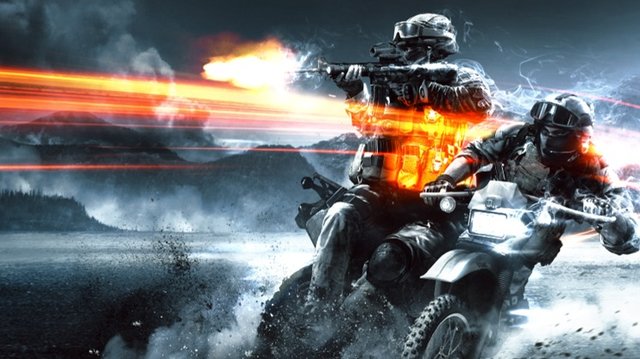How to Draw Modern Warfare

Modern Warfare involves a lot of straight lines, camouflaged colours and stress on technology. Drawing the soldiers, tanks and equipment is different from other forms of illustration and art as well.
The trick is to be familiar with the gear of a soldier, armour, vehicle or jet. This knowledge will help the artist better draw the character or vehicle and make the entire piece more cohesive and current. An example is to understand where the attachments go on an M-16 Assault Rifle or where the communications kit is placed on a tank or how many magazines of ammunition a soldier can actually carry.
In essence, for one to be able to draw Modern Warfare, they need to understand and familiarise themselves with it. Watching war movies, playing war games and reading up on the latest technology used by the different armed forces around the world always helps.
Instructions
-
1
It is always best to roughly sketch an outline of the body of the soldier in the pose you desire or of the vehicle or aircraft.
-
2
With this done, begin adding layers. In the case of the soldier, begin from the helmet and work your way down. Add details to the helmet such as camouflage and some wear and tear. Leave a slot open for night vision goggles or the like. If you do, you may wish to add desert goggles or NVGs on the helmet as well.
-
3
Move on down to the face and add gas masks or sunglasses or anything that you would like your soldier to wear.
-
4
The vest should be next. Take a look at the cover of Battlefield 3 or Modern Warfare 3 as a reference. It should help you out. Let your imagination run free here and add as many gadgets, shotgun shells or .50 Cal bullets as you want.
-
5
The legs and boots are pretty standard. You may wish to add a pistol holster, knee pads or a knife holder somewhere here.
-
6
In the case of tanks and aircraft, it is best to go straight to reference photos as there is less room to use your imagination.
-
7
The colouring itself is crucial as well, as one can expect to use colours that absorb more light and blend into the background.







